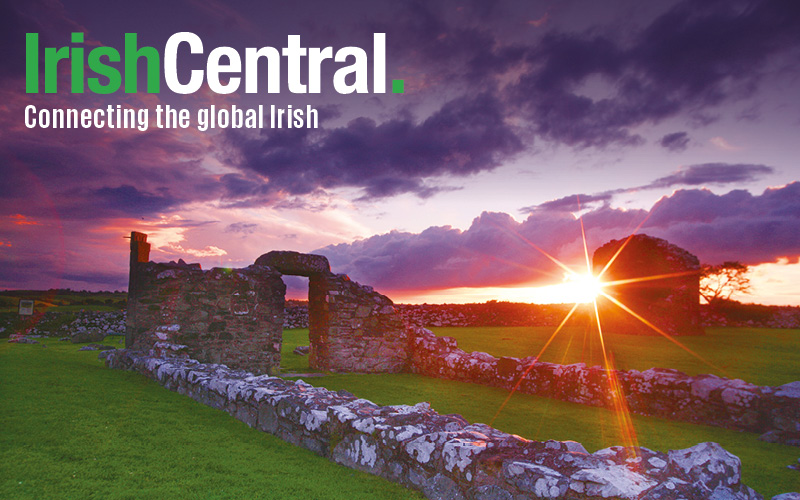Let's keep on talking about Brexit, since many of the people who voted for it and most of the politicians tasked with introducing it don’t seem to be able to do so with any clarity or enthusiasm even now.
Brexit affects everyone in Ireland, north and south, in ways that are so counterproductive, so deleterious, and so wholly unpredictable that I’m surprised it’s not the main topic of discussion for most of us right now. It’s time for the klaxons.
Last week Taoiseach Leo Varadkar stunned Westminster by making his own strong opposition to the reintroduction of any kind of economic border on the island a matter of public record.
Ireland will not play any role in it, he told his open mouthed British colleagues. “There hasn’t been an economic border since 1992,” he added. “As far as this government is concerned there shouldn’t be an economic border.
“We don’t want one. It’s the United Kingdom, it’s Britain that has decided to leave and if they want to put forward smart solutions, technological solutions for borders of the future and all of that, that’s up to them,” he said.
“We’re not going to be doing that work for them because we don’t think there should be an economic border at all. That is our position.”
Varadkar’s unusually blunt comments underline his irritation and were made in response to all the U.K. government’s opaque talk about working with Dublin to create what Prime Minister Theresa May has called a “frictionless border.”
But where on earth can you find one of those?
The entire point of a border is to create friction. It’s a demarcation of lines, economies, politics and customs. The term “frictionless border” is an oxymoron; it’s like saying a “living death.”
And that’s really what Brexit is, oddly enough. A zombie politics that looks back longingly at a lost empire as it slouches completely unprepared toward an unknown future.
This month was the 20th anniversary of the second IRA ceasefire. There are thousands of teenagers and young adults alive in the North now who are too young to remember The Troubles.
There are people alive now in the North now because The Troubles ended. We should not and we cannot give away that hard won peace to an anti-immigrant pipe dream the majority in the North did not vote for.
Common membership of the EU led to billion euro infrastructure investments in the border counties between the North and the Republic. Both jurisdictions belonged to the EU, resolving the need for border controls and greatly easing political tensions between the two communities.
Now we’re going to rip all that progress up, all that peace and prosperity? If so, doesn’t the U.K. government and their cheerleaders in the Democratic Unionist Party (DUP) have an urgent need to clarify what the benefits will be?
May is vacationing in Italy this week, ironically enough. That’s a trip that she and her tony Conservative compatriots will soon have to make with passports and visas at the ready.
It makes no sense. They cannot explain it themselves.
After the national political breakdown that brought them to this needless impasse, it is still unclear to even the most seasoned EU negotiators exactly what the British want, or what they think they will receive, after their messy divorce ends.
Last week Varadkar said that the Republic wants customs checks on boats and planes between Ireland and Britain, not along its land border with Northern Ireland.
This request made DUP leaders apoplectic. How dare the Republic suggest that they set about the business of clearing up their own mess?
The Northern Executive is suspended. Sinn Fein will not take seats in the U.K. Parliament. The DUP is grousing at Dublin and their nationalist colleagues. None of this looks promising.
It’s astounding to say this, given the gravity of the threat to the peace process, but no one in the U.K. government or the DUP has yet been able to outline just how on earth they plan to square the circle of border controls that aren’t border controls, of a Brexit that isn’t a Brexit.
Right now critics are suggesting that the Dublin government is playing for time. There are signs, some say, that the U.K. government is softening on its departure with the possibility of the U.K. staying in the customs union for a few more years to come.
We can only hope. The real damage was the vote itself, and the cleanup looks like it will be worse.




Comments